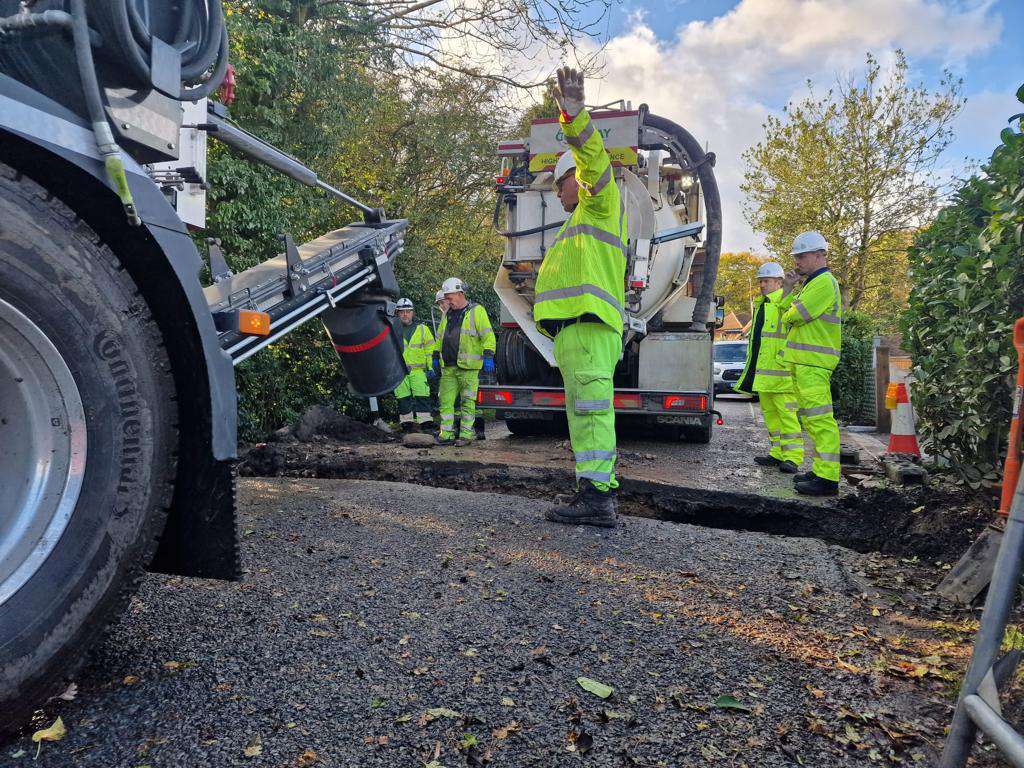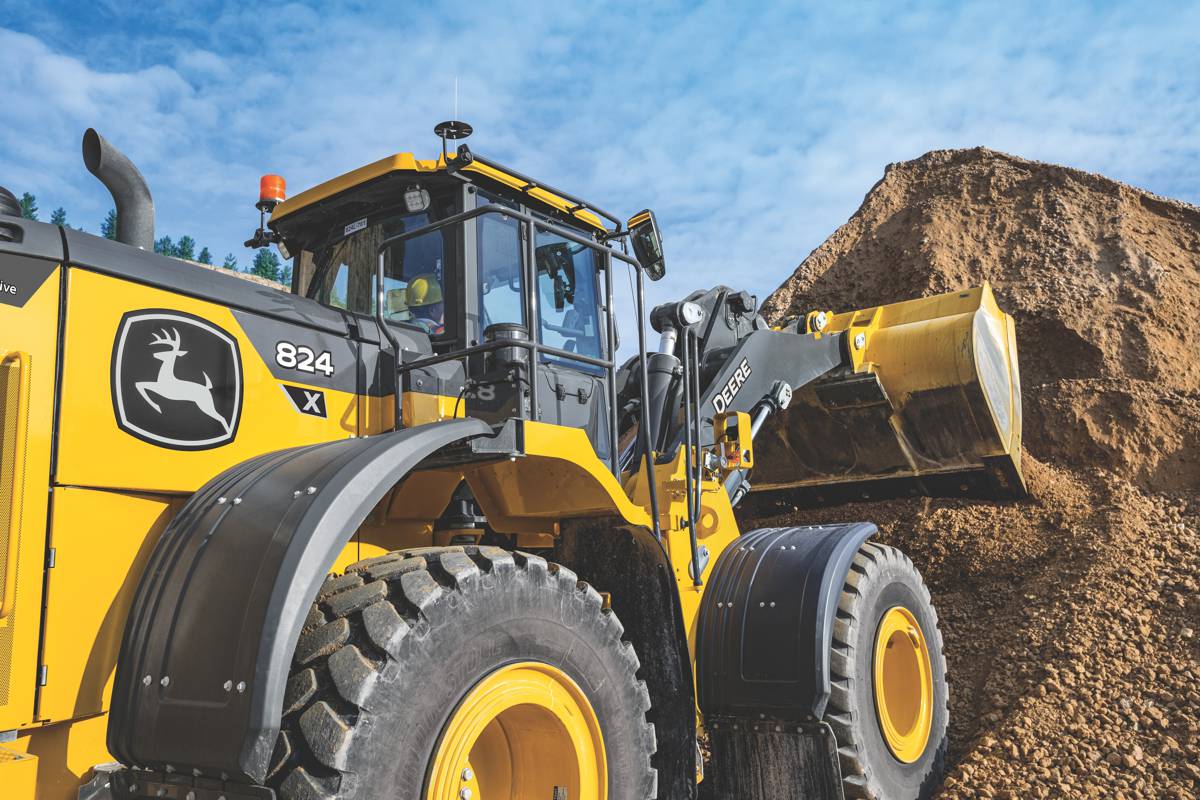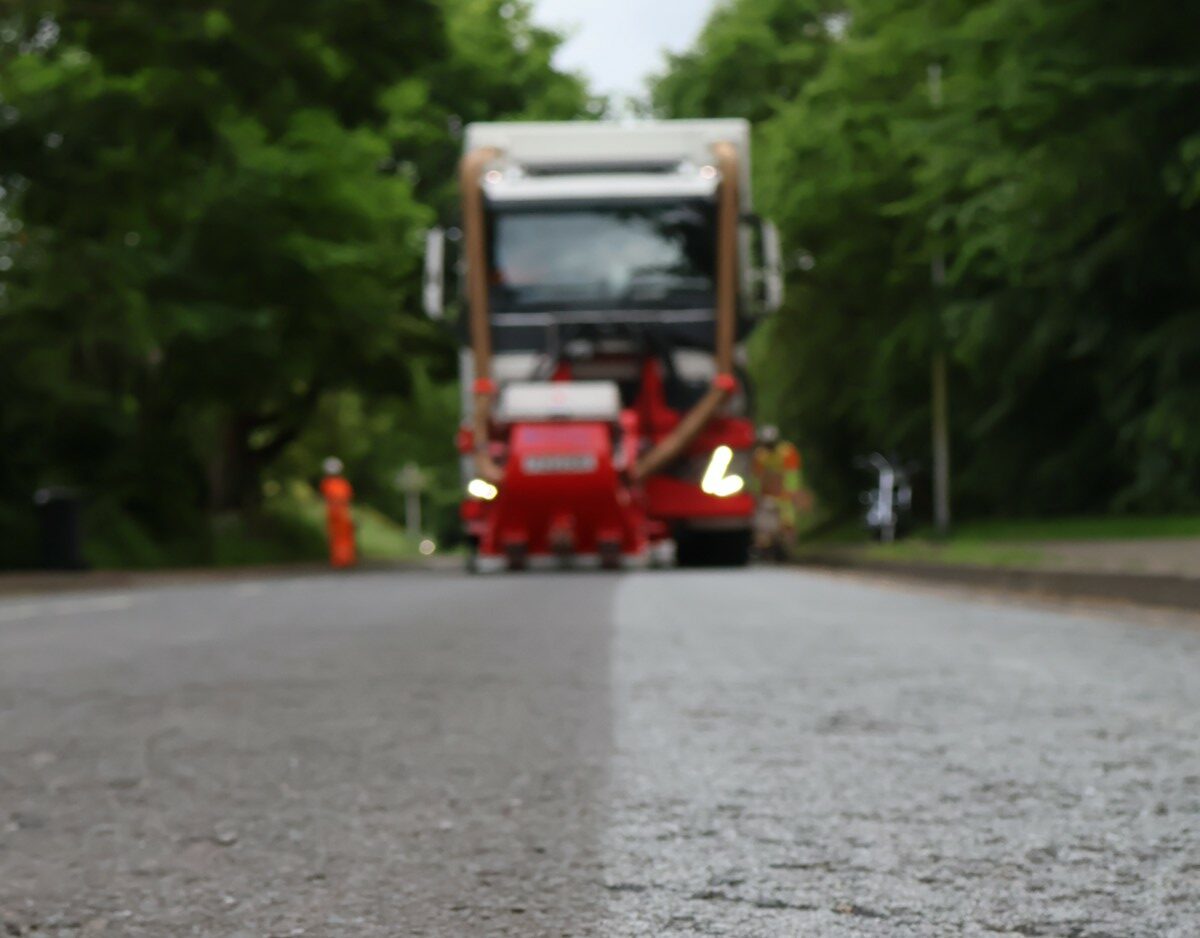Cemblend and OCL Regeneration developing Clinker-Free Low-Carbon Products
Bespoke powder blending solution provider, Cemblend, today announced it has struck a collaboration agreement with OCL Regeneration to develop the application of Hoffmann Green cements into low-carbon hydraulically bound mixture (HBM), concretes and Foambase Cold Recycled Bound Material (CRBM) products. In doing so, the two businesses will work towards decarbonising the production process to reduce construction’s carbon footprint.
The new agreement will see Hoffmann Green cements used in three of OCL Regeneration’s high-quality sustainable aggregates, asphalt and concrete products. The Cemblend supplied Hoffmann Green products achieve carbon footprints of below 200kg per tonne compared to the 840kg of Ordinary Portland Cement (Cem I). Initially the new products will be used at OCL’s Micheldever highway waste recycling depot in Hampshire, before being rolled out across a number of other operational sites in 2023.
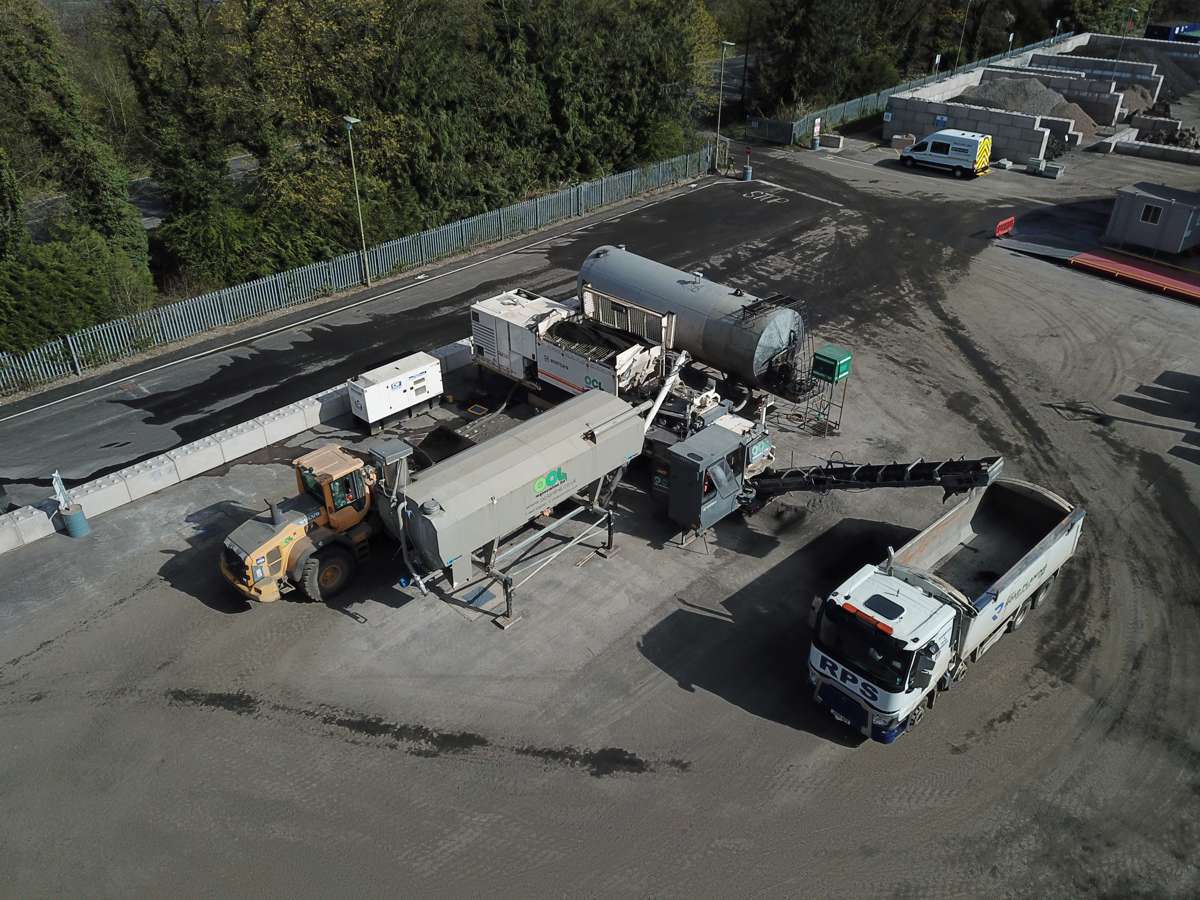
OCL Regeneration provides market-leading and award-winning recycled, sustainable building materials and sustainable construction solutions from a number of locations across the UK. It has pioneered low carbon alternatives to traditional asphalt and concrete materials, finding innovative ways to reduce the emittance of carbon in the creation and laying of products.
Simon Boulter, Director at Cemblend, commented: “OCL’s innovative processes already save up to 50% of the CO2 versus traditional methods. By adding the Hoffmann Green cements this can be reduced even further, to around a fifth of the carbon footprint of Ordinary Portland Cement. Delivery can be received in either 25kg bags, bulk bags, or in a bulk tanker, just like traditional cement. We’ve been very conscious of making these new products easy to use, so no equipment or construction processes need to change. If you’re working towards low-carbon construction, which everyone now should be, these new products tick a lot of boxes.”
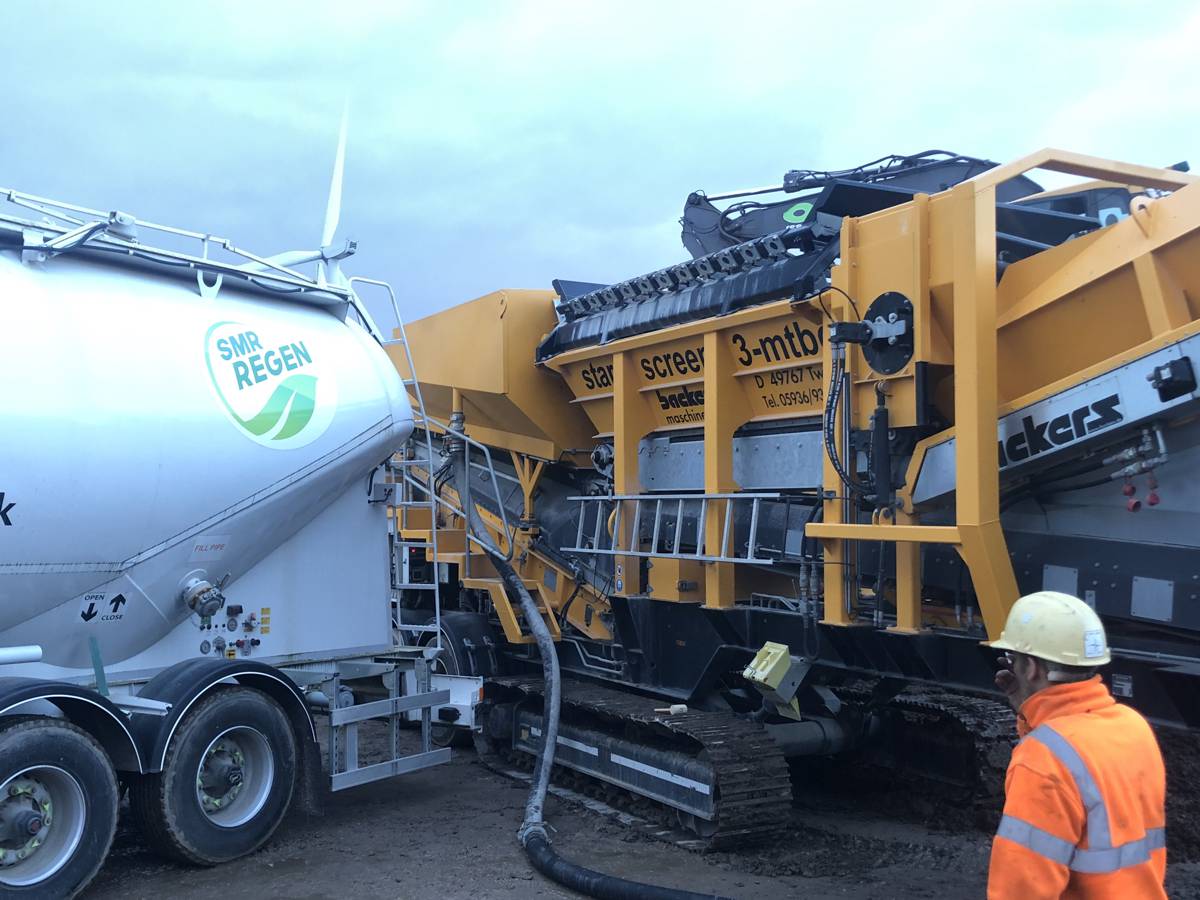
Buildings and highways made using concrete are typically incredibly versatile, long-lasting and ideal for climate-resilient construction. It is without question the go-to material for the built environment; 30 billion tonnes of concrete are used worldwide every year. However, concrete has a sizeable problem; cement, the major component in its creation, has a huge carbon footprint, accounting for at least 8 percent of global carbon emissions. The race to decarbonise cement and concrete production is underway, and both Cemblend and OCL Regeneration are committed to reducing their carbon impact.
A key component of ordinary Portland cement is clinker and it is the creation of clinker that generates an estimated 840kg of CO2 for every tonne of cement produced. Hoffmann Green cements are clinker free as they use a heat free activation process to convert raw waste materials, producing about 200kg of Co2 per tonne. When sand and gravel is added to cement to make concrete, the mix is approximately 246kg of CO2 per tonne. With construction firms and local governments looking to become net-zero as fast as possible, tackling the challenge of traditional cement production is key for such a high-carbon generating sector.
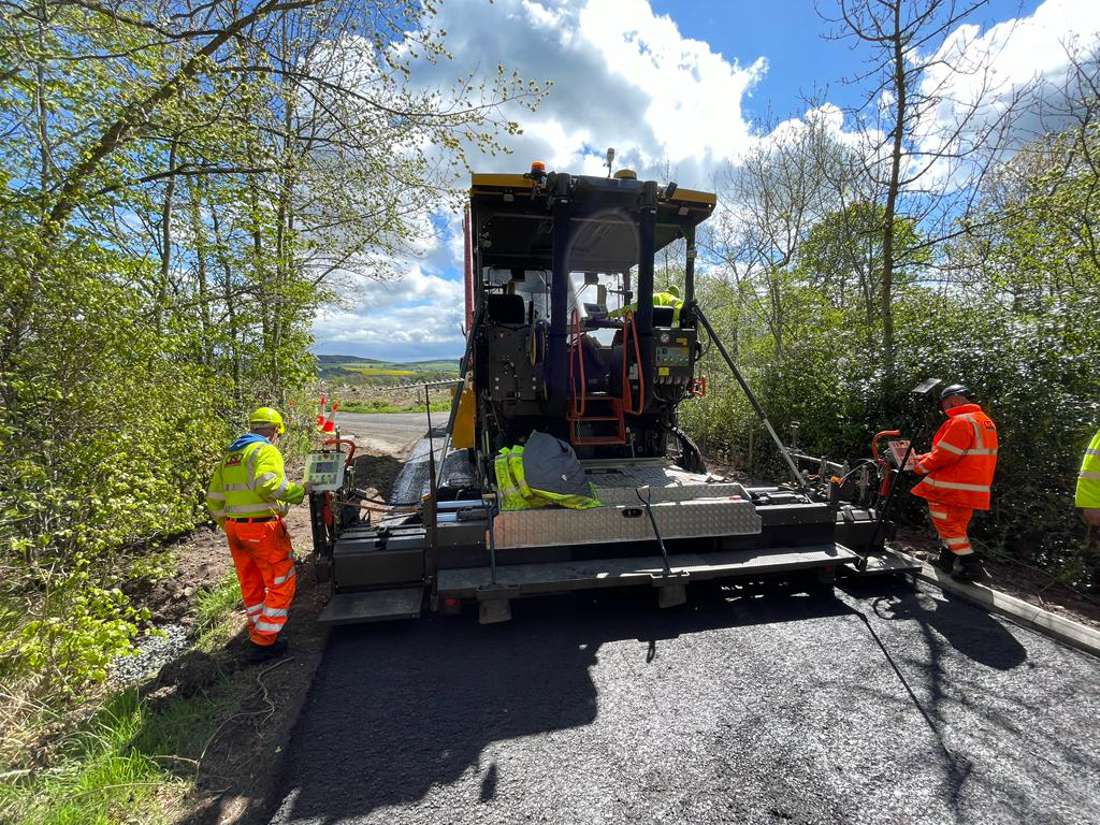
Stuart Gready, Managing Director at OCL Regeneration was impressed by the performance of the Hoffmann Green products and the agreement with Cemblend follows a significant search to find a suitable product: “We’ve been very proactive looking at a number of products to reduce the carbon footprint of our binders. Until now we hadn’t seen any perform well. As an industry in 2023, we need to be substituting Portland cement clinker and concrete for low-carbon materials. There’s been too much talk and with costs for all materials rising year on year, next year is the time for meaningful action.”
Available immediately from the Micheldever site, the OCL products continue a carbon reduction story that has evolved annually for the last four years. The Micheldever depot was born from a close partnership between Hampshire County Council, Milestone Infrastructure and OCL. The Hampshire Highways initiative has won multiple industry awards for its sustainability and recycling efforts driving towards the council’s net zero targets, making it an obvious choice of initial location for the new Cemblend and OCL products.
